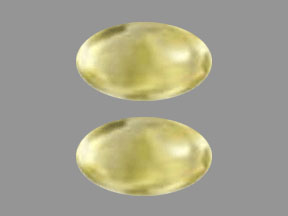
Vitamin E Coupons & Savings Card – Discount Prices from $10.06
Generic for: Gordons-vite e, Natural vitamin e, E-400
Our coupons are free to use. Before paying, show the pharmacist your Vitamin E savings card to get your free discount. Use our filters below to edit the prescription box to match your needs. The Vitamin E prices will update based on your prescription needs. Above our Vitamin E coupons, you can change your location to see pharmacy prices and costs in other areas. We're here to help you buy Vitamin E at the lowest price with our prescription discount card.
My prescription
Edit
180 MG(400 UNIT), Vitamin E (180 Capsules)
Select pharmacy

Albertsons
$10.06
COUPON PRICE
Walgreens
$14.52
COUPON PRICEVitamin E savings card
Show this card to your pharmacist
Albertsons
$10.06
BIN
ID
PCN
GRP
019876
LH9F4E602B
CHIPPO
LHX
Powered by
Our coupons are free to use. Before paying, show the pharmacist your Vitamin E savings card to get your free discount. Use our filters below to edit the prescription box to match your needs. The Vitamin E prices will update based on your prescription needs. Above our Vitamin E coupons, you can change your location to see pharmacy prices and costs in other areas. We're here to help you buy Vitamin E at the lowest price with our prescription discount card.
